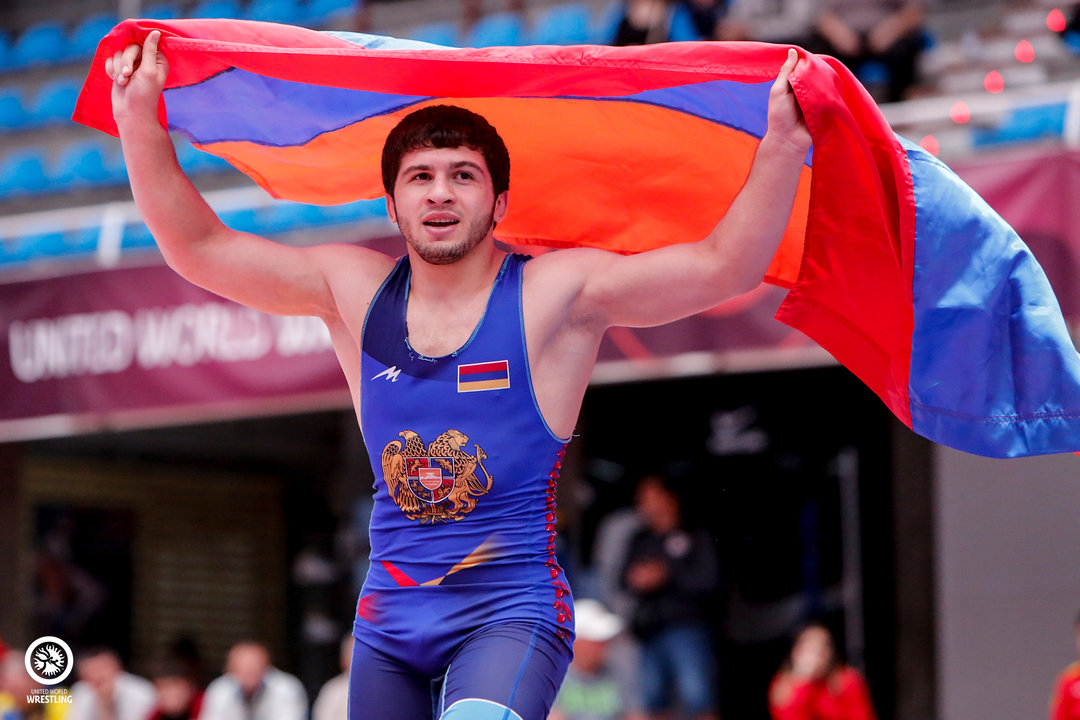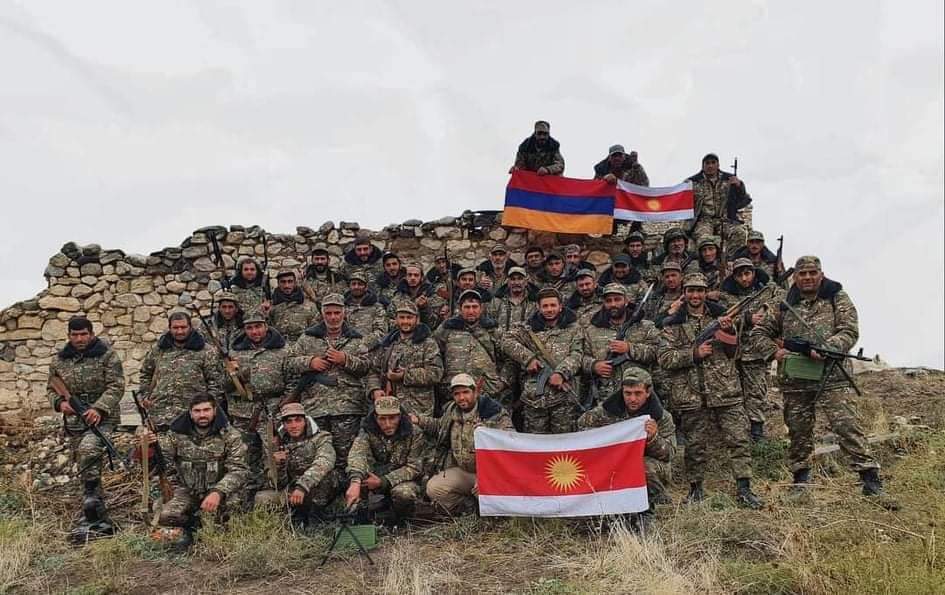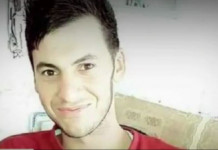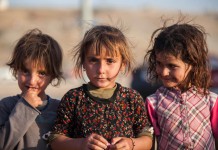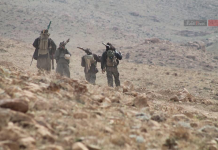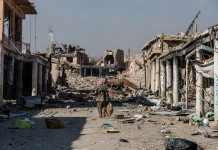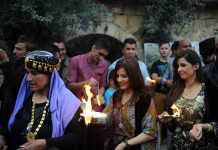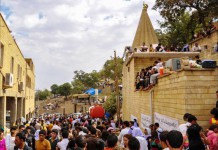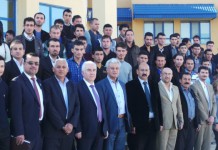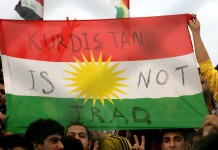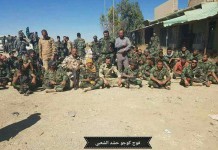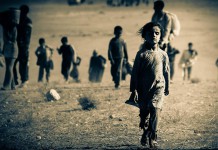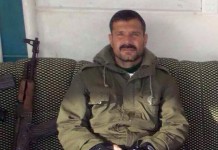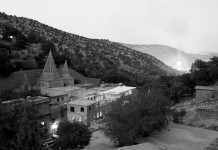“We have fled from Iraq because we have faced discrimination. And now we have been put under one roof with the same people from whom this stigmatization came from”, says the irritated Faraj who is currently housed in a refugee hostel in Dunningen, Baden-Württemberg.
The Yezidi from Iraq fled from everyday discrimination and the Islamic State´s henchmen when only a few kilometres separated the terrorists from his village during the onslaught on the Yezidi region Shingal.
Like many others, Faraj hopes for the chance of a better, safer life in Germany where he does not have to fear becoming a target of religious discrimination. Faraj, however, could not have imagined that the opposite could have turned into bitter reality on German soil.
Verbal abuses, sexual harassment as well as attacks on Christians and Yezidis by Muslim asylum seekers in Germany take place on an almost daily basis. They are no longer seen as isolated cases.
At the end of December of last year, two Muslims from Iraq called Zerevan A. and Ari Abas O. approach Faraj, asking him if he is Yezidi. After Faraj answers their question in the affirmitive, the young men suddenly start to insult him and his religion. Other asylum seekers record the event on their smartphone. Faraj will have to face repeated hostility in the next days – until the situation escalates. One evening in January, the young Muslims seek him out one more time and raise their fist against Faraj.

“They entered my room at around 10 pm, insulted and poked me. When they tried to hit me in the face, a Shiite from Iraq intervened”, Faraj says, adding: “not all [Muslims] are like that but I´m just one of many Yezidis who are subjected to these issues”. With the help of local social workers, Faraj filed a complaint with the police. “Germany cannot expect them to shed their mentality on the border from one day to the next. Their hatred doesn´t disappear overnight”, he says. “Many of them behave as if they own this country or as if the rules and laws from the Quran apply here.”
A few months previously, a mass brawl had occured in a reception camp in Ellwangen, Baden-Württemberg between Muslims on the one side and Christians and Yezidis on the other. Yesterday, then, the police conducted a raid on the camp which has attracted the public´s attention for repeated mass brawls caused by Muslims from North Africa.
A Yezidi girl who is housed in a refugee hostel for minors and wishes to remain anonymous, described how she was vulgarly attacked by several Moroccans after she had been watching a TV report on Yezidis and had been therefore identified as such. The hostel´s management cautioned the young men but did, however, not take any preventive measures. Complaints about insults of Yezidis by young Muslim men also arise in Osnabrück´s refugee shelters where Muslims would call them “infidels”, a Yezidi told.
Particularly piquant: Many Muslim asylum seekers, especially those from Iraq, pass themselves off as Yezidis from Shingal region before German authorities to increase their chance of being recognised as entitled to political asylum. Several of these cases are known and can be testified by Yezidis. One of the attackers from Faraj´s refugee hostel is said to be one of those pretending to be a Yezidi from Shingal, even though he is from Duhok and Sunni.
For centuries, the Yezidi minority, which today barely counts 800,000 members, is forced to flee from its home due to the social and institutional stigmatization. Many traditional Yezidi settlement areas have been therefore abandoned. Thousands of Yezidis are fleeing towards Europe each month since the genocide by the Islamic State.
Yet, the situation is even worse for the Yezidi women and children from Shingal who have been left traumatized and fled to Germany. The loud muezzin calls, together with the long beards and the attacks in the refugee hostels do not allow them to come to rest – memories of their Muslim neighbors who joined the terrorist militia Islamic State and massacred their relatives.
The number of attacks emanating from mainly young and male Muslims is higher than expected. Many of the Christians and Yezidis are scared to ask the authorities for help for, fearing that attacks could increase. Calls for refugee shelters separated according to religion have not been met yet.
ezidiPress

